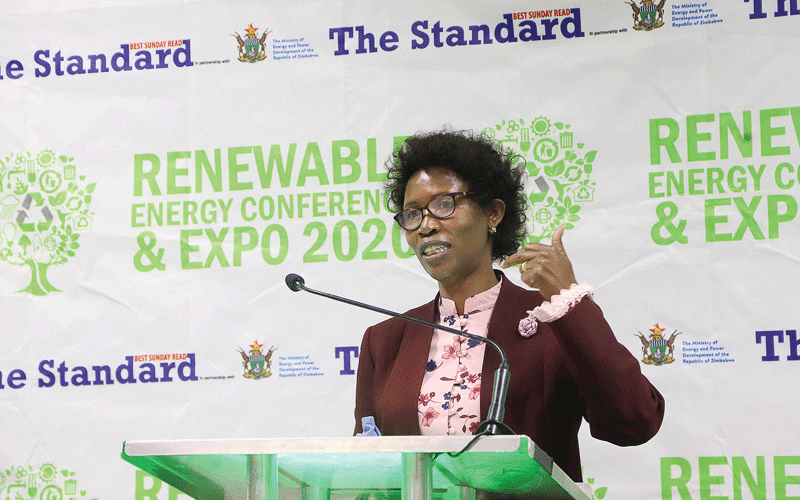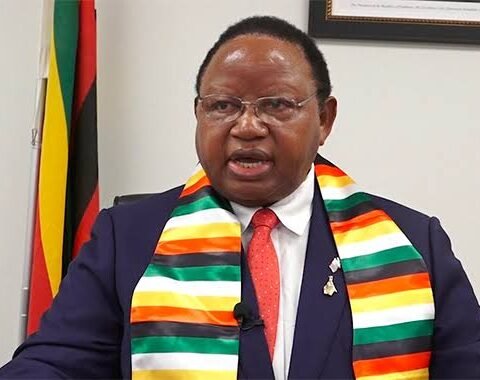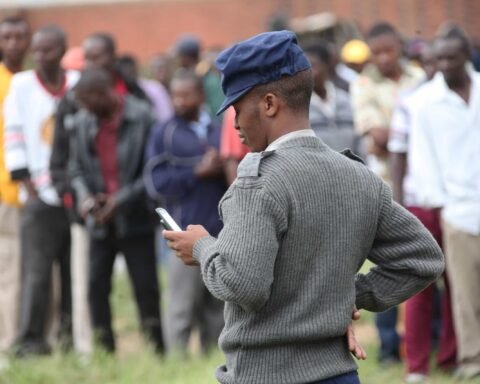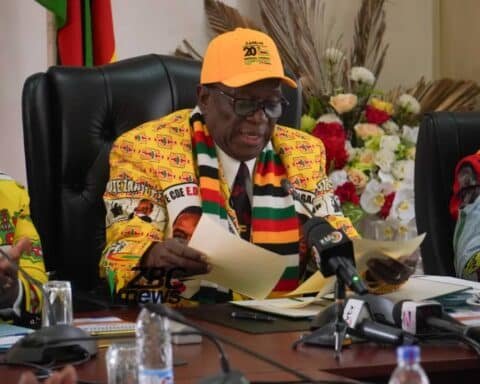Power outages marred the opening day of the Zimbabwe International Trade Fair (ZITF) in Bulawayo as a blackout disrupted operations, compelling several exhibitors to resort to generators, according to a report by NewsDay. Gloria Magombo, the secretary for the Ministry of Energy and Power Development, attributed the blackouts to climate change, emphasizing its detrimental impact on the nation’s electricity generation capacity.
Addressing attendees at a Township Economies and Rural Entrepreneurship forum organized by DEAT Capital during the ZITF, Magombo highlighted the significant loss of 600MW in Kariba due to climate change. She stressed the urgency of collaborative efforts between the government and the private sector to address the electricity supply constraints.
Magombo urged citizens to embrace renewable energy sources like solar power, enabling them to potentially sell surplus electricity to the national power utility, ZESA. She emphasized the importance of individual households becoming independent power producers (IPPs) by utilizing rooftop solar panels.
The government, Magombo noted, is actively exploring avenues to empower communities, particularly through the adoption of renewable energy technologies.
To bolster resilience against climate change in rural areas, Magombo expressed intentions to collaborate with universities to promote the uptake of solar food dryers while simultaneously reducing their costs.
In March, the Zambezi River Authority (ZRA) scaled back electricity generation at the Kariba Station to 214 megawatts (MW) due to dwindling water levels, significantly below its installed capacity of 1,050 MW.
As of April 24, the country’s total electricity generation stood at 1,117MW, sourced from Hwange (779MW), Kariba (300MW), and 43MW from IPPs.








